Filter by
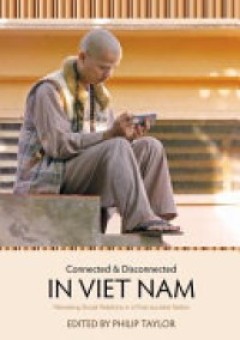
Connected & disconnected in Viet Nam : remaking social relations in a post-…
Vietnam’s shift to a market-based society has brought about profound realignments in its people’s relations with each other. As the nation continues its retreat from the legacies of war and socialism, significant social rifts have emerged that divide citizens by class, region and ethnicity. By drawing on social connections as a traditional resource, Vietnamese are able to accumulate wealth,…
- Edition
- 1
- ISBN/ISSN
- 9781925022926
- Collation
- -
- Series Title
- -
- Call Number
- 959.7044
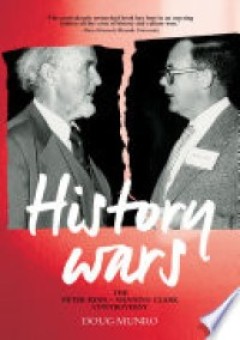
History Wars
‘In 1993, Manning Clark came under severe (posthumous) attack in the pages of Quadrant by none other than Peter Ryan, who had published five of the six volumes of Clark’s epic A History of Australia. In applying what he called “an overdue axe to a tall poppy”, Ryan lambasted the History as “an imposition on Australian credulity” and declared its author a fraud, both as a historian a…
- Edition
- -
- ISBN/ISSN
- 9781760464776
- Collation
- -
- Series Title
- -
- Call Number
- 823.91209
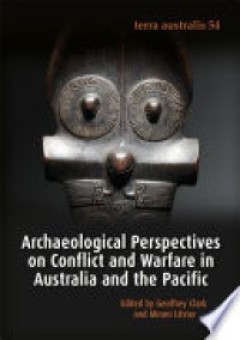
Archaeological Perspectives on Conflict and Warfare in Australia and the Pacific
When James Boswell famously lamented the irrationality of war in 1777, he noted the universality of conflict across history and across space – even reaching what he described as the gentle and benign southern ocean nations. This volume discusses archaeological evidence of conflict from those southern oceans, from Palau and Guam, to Australia, Vanuatu and Tonga, the Marquesas, Easter Island an…
- Edition
- -
- ISBN/ISSN
- 9781760464899
- Collation
- 280 p
- Series Title
- -
- Call Number
- 355.00994

The Federated States of Micronesia’s Engagement with the Outside World Cont…
This study addresses the neglected history of the people of the Federated States of Micronesia’s (FSM) engagement with the outside world. Situated in the northwest Pacific, FSM’s strategic location has led to four colonial rulers. Histories of FSM to date have been largely written by sympathetic outsiders. Indigenous perspectives of FSM history have been largely absent from the main corpus …
- Edition
- -
- ISBN/ISSN
- 9781760464653
- Collation
- -
- Series Title
- -
- Call Number
- 996.5
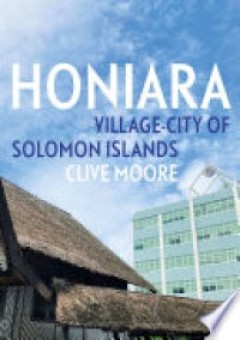
Honiara : Village-City of Solomon Islands
Nahona`ara—means ‘facing the `ara’, the place where the southeast winds meet the land just west of Point Cruz. Nahona`ara became Honiara, the capital city of Solomon Islands with a population of 160,000, the only significant urban centre in a nation of 721,000 people. Honiara: Village-City of Solomon Islands views Honiara in several ways: first as Tandai traditional land; then as cocon…
- Edition
- -
- ISBN/ISSN
- 9781760465070
- Collation
- -
- Series Title
- -
- Call Number
- 995.93
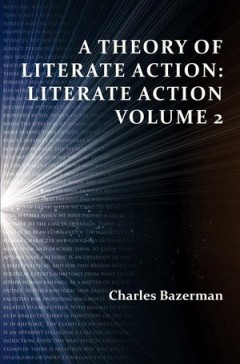
A Theory of Literate Action : Literate Action Volume 2
The second in a two-volume set, A Theory of Literate Action draws on work from the social sciences—and in particular sociocultural psychology, phenomenological sociology and the pragmatic tradition of social science—to "reconceive rhetoric fundamentally around the problems of written communication rather than around rhetoric's founding concerns of high stakes, agonistic, oral public persua…
- Edition
- -
- ISBN/ISSN
- 9781602354807
- Collation
- -
- Series Title
- -
- Call Number
- 370 BAZ t
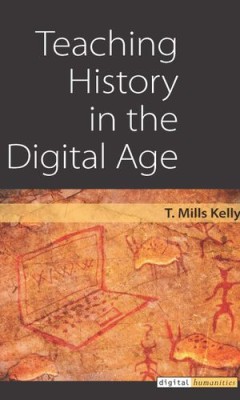
Teaching History in the Digital Age
Although many humanities scholars have been talking and writing about the transition to the digital age for more than a decade, only in the last few years have we seen a convergence of the factors that make this transition possible: the spread of sufficient infrastructure on campuses, the creation of truly massive databases of humanities content, and a generation of students that has never know…
- Edition
- -
- ISBN/ISSN
- 9780472900275
- Collation
- -
- Series Title
- -
- Call Number
- -
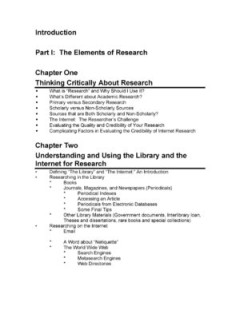
The Process of Research Writing
The title of this book is The Process of Research Writing, and in the nutshell, that is what the book is about. A lot of times, instructors and students tend to separate “thinking,” “researching” and “writing” into different categories that aren’t necessarily very well connected. First you think, then you research, and then you write. The reality is though that the possibilities a…
- Edition
- -
- ISBN/ISSN
- -
- Collation
- -
- Series Title
- -
- Call Number
- -
 Computer Science, Information & General Works
Computer Science, Information & General Works  Philosophy & Psychology
Philosophy & Psychology  Religion
Religion  Social Sciences
Social Sciences  Language
Language  Pure Science
Pure Science  Applied Sciences
Applied Sciences  Art & Recreation
Art & Recreation  Literature
Literature  History & Geography
History & Geography